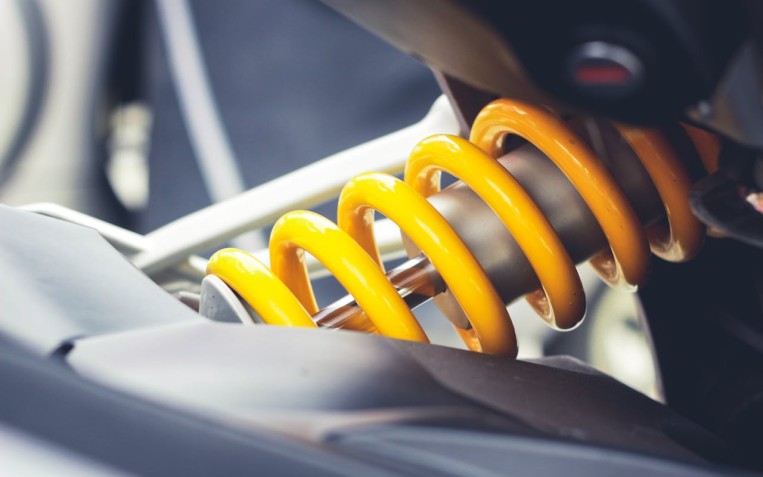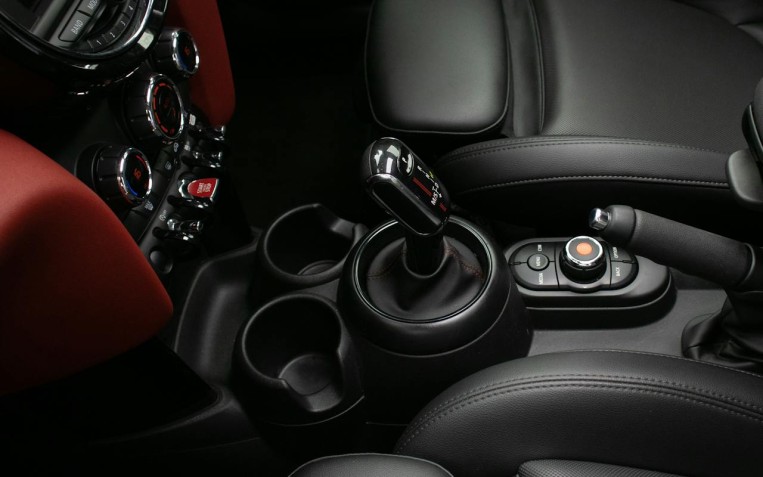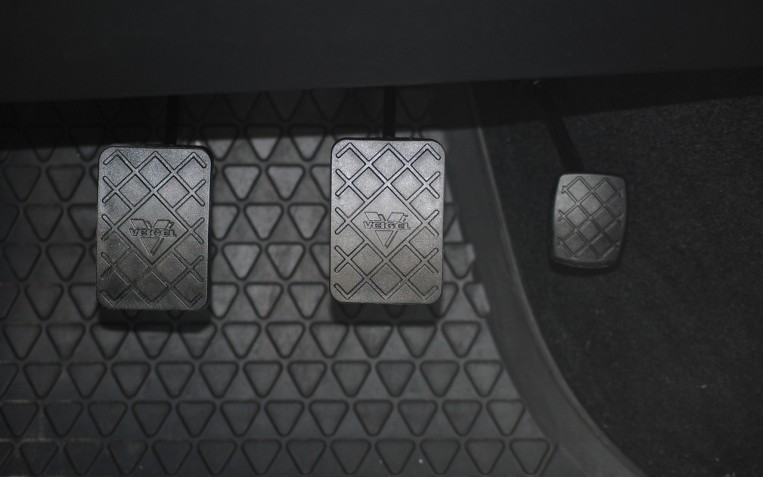Should I buy a hybrid car?

Most recently, it feels as though hybrid cars are all the rage - with their popularity steadily increasing throughout recent years, you may be wondering? 'Is a hybrid car really for me?' Praised for their eco-friendly nature and fuel efficiency, buying a hybrid car may seem like a sensical thing to do.
However, this being said, it's important to note that hybrid cars aren't for everyone. Our helpful blog discusses whether a hybrid car could be the right purchase for you.
Is it worth buying a hybrid car?
There are many benefits to purchasing a hybrid car - including:
- Less tax: one of maybe the biggest appeals for switching to a hybrid car is the reduced costs in taxes. Hybrid cars registered before 2017 are exempt from road tax if they emit less than 100/km CO2.
- Greater fuel efficiency: hybrid cars are known for their fuel economy, as they have both an internal combustible engine and an electric motor. These cars are incredibly convenient if you live in a city setting and drive on average less than 30miles each trip. However, if you are used to driving long distances at higher speeds, a hybrid car is perhaps not the best choice for you.
- Reliability: the aid of an electric motor means that your fuel engine will be under less stress. Most hybrid cars charge through regenerative braking therefore there is less pressure on your standard brakes. These benefits are helpful in the long run, as it means your car will need less servicing in the future.
- Hybrids maintain value: due to their low running costs and added reliability, hybrid cars are in high demand on the used car market.
Disadvantages of getting a hybrid car
- Higher maintenance costs: hybrid cars are equipped with both fuel engines and electric motors, which means it can be doubly as expensive to maintain them both. This is especially the case when compared to fuel cars or electric vehicles.
- Not the most environmentally friendly: if the earth is your main motivation for switching to a hybrid car, you may be surprised to find that they are not as environmentally friendly as you may think. Many hybrids are designed to travel only short distances on electricity so, if you want to be eco-friendly, it might be better to switch to a plug-in hybrid or a fully electric vehicle.
- Poorer handling: having both an internal combustion engine and electric motor adds quite a significant amount of weight to your car - this can affect the handling of your car when driving.
Will hybrid cars be banned?
With the government's new net-zero policy, you may be concerned that your hybrid vehicle will be soon banned. However, the government's plans will not prevent you from driving your hybrid car on the road. Hybrid cars will still be sold and purchased on the used car market, but no new hybrid cars will be sold.
Many people are now switching to hybrid vehicles to limit their carbon footprint and reduce costs on fuel consumption. If your hybrid car is in need of servicing, book an appointment online at a PTA garage near you. Or get in touch with our helpful team today!
Related Content

Should I have soft or stiff suspension springs for my vehicle?
Suspension springs are essential for maintaining your vehicle’s stability and ride height. Over time, the springs will succumb to wear and tear, which affects how your car handles, brakes and accelerates on the road. Discover whether you should...

What is engine braking?
Engine braking involves taking your foot off the accelerator pedal, allowing your car to slow down. Over time, the parts on your vehicle’s braki...

A guide to the different types of car clutches
The clutch is responsible for channelling the power from the engine, through to the gearbox, and the wheels. Your vehicle's clutch will differ dependi...

